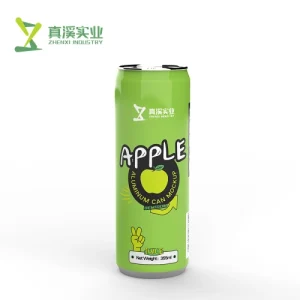Depending on whether the can is an aluminum one or otherwise, and what it contains the weight of a 450ml can may vary. The can will contain 450ml of liquid, but the empty aluminium can alone weighs roughly in the range of 13-15 grams. The overall weight with liquid is a lot more. To give an example, the density of water is ~1g/ml, which means that a 450ml can full of water will weigh roughly 450 grams, plus the can weighing somewhere between 13-15grams for a total close to 463-465grams.
However, the weight could be slightly different for other contents because of density variance. Even a 450ml can of soda, while it has carbonation and thus gas in the can may weigh even slightly less but miniscule. The most common type is the aluminum one, which has a low weight and high resistance as well as recyclable. With 75% aluminum recycled for beverage cans around the world, aluminum is an environmentally sound packaging choice.

In manufacturing, it is precision in the can weight. Even a minuscule can weight variation can disturb shipment costs and pricing, hence beverage companies such as Coca-Cola and PepsiCo keep an eye on can weights to maintain product uniformity. The lightweight nature of the aluminum can also results in reduced shipping costs, with transportation expenses commonly being 15-20% lower compared to heavier packaging materials.
The same applies to the size of a 450ml aluminum can and its weight. Standard 450ml cans are generally tall or slim in design, thereby using a minimal amount of material in production. And then there is the advancement in can manufacturing technology (aka, “lightweighting”) that has allowed for continuous reduction of can weight over time without a noticeable loss of durability. The Aluminum Association said this method has reduced aluminum consumption per can by approximately 25% over the last few decades.
That is a lot of information — but before placing those orders for 450ml aluminum cans, the weight characteristics help with production, freight and sustainability aspects. Not only are the weight details important for logistics, but also an essential element in the sustainability goals, as aluminum is still one of the most sustainable packaging solutions on earth.